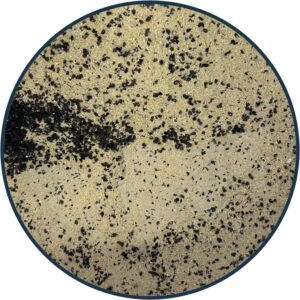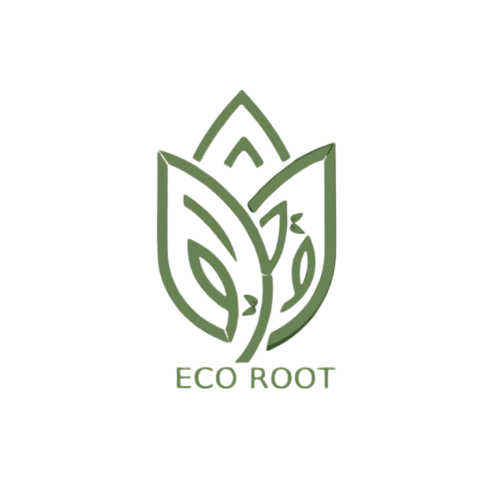Sea-Chem’s BioBoost Kick Starter is a high-performance, fast-acting microbial formula that enables you to quickly start up new tanks or restore the performance of existing septic tank systems. Our unique product is specially designed for the environmental conditions of the Saudi market.
This advanced biotech solution is a powerful odor neutralizer in addition to being an effective treatment for wastewater systems. Each gram contains more than 10 billion robust microbes, with an impressive reproduction rate of one-to-one approximately every 18 minutes.
The formula includes a diverse range of microbial strains, including thermophilic species, carefully selected for their resilience and sustained effectiveness in the high-temperature environments common in Gulf-region treatment systems.
The formula has undergone rigorous field trials in both residential and commercial sectors across Saudi Arabia under a wide variety of real-world conditions.
These comprehensive evaluations have consistently proven the product’s reliability, performance, and adaptability. The solution has never failed to meet or exceed expectations, demonstrating its proven effectiveness and suitability for the challenging operational environments of the Gulf region.

Sea-Chem’s BioBoost Tablets are an advanced biological solution designed to deliver powerful, long-lasting performance in wastewater treatment and odor control.
Engineered for ease of use and maximum effectiveness, each 4.5-gram tablet contains over 120 billion naturally occurring, robust, and non-pathogenic microbes that activate rapidly upon contact with organic waste in the septic tank.
These advanced microbial strains work synergistically to break down organic waste, reduce sludge build-up, and eliminate unpleasant odors at the source.
BioBoost is ideal for septic tanks, grease traps, and wastewater systems, specifically formulated to perform efficiently even under the toughest conditions, providing a sustainable and eco-friendly alternative to harsh chemical treatments.
Sea-Chem’s odor remover uses odor absorption technology to quickly and completely eliminate unpleasant smells, effectively refreshing odorous airways and surfaces.
Unpleasant odors originate from volatile molecules that evaporate and disperse into the air. These molecules bind to receptors in the nose, sending signals to the brain, which identifies the smell. Chemical compounds act like keys, unlocking specific responses in our sense of smell.
Sea-Chem’s odor remover employs advanced absorption technology to attract and capture odor-causing molecules. Its cage-like structure traps these molecules in the air, preventing them from reaching the olfactory receptors in the nose, and thus blocking their detection.
- Absorbs and eliminates unpleasant odors rather than masking them, as traditional air fresheners do.
- Targets odor-causing molecules such as hydrogen sulfide, mercaptans, thioethers, isovaleric acid, and ammonia-related smells.
- Pleasant fragrance provides a long-lasting fresh scent while the odor neutralizer is at work.
- Instant and long-lasting effect.
- Ideal for industrial and institutional use.
- Perfect for treating odors from wastewater, waste collection areas, wheeled waste bins, and waste depots.
ESTIMATED PROBLEMS (Sewage Treatment)
1- Anaerobic decomposition of organic matter
When oxygen levels are low, anaerobic bacteria dominate and begin breaking down proteins, fats, and carbohydrates in wastewater.
This process releases foul-smelling gases, especially:
a. Hydrogen sulfide (H₂S) – produced from the breakdown of protein (sulfur-containing amino acids).
b. Ammonia (NH₃) – produced from urea and nitrogenous waste.
c. Volatile fatty acids (VFAs) – produced from fats and carbohydrates, with a sour and unpleasant odor.
2- Sludge treatment and storage
A byproduct of biological treatment, sludge is rich in microorganisms, undigested organic matter, and biomass.
If not properly aerated or stabilized, sludge becomes anaerobic, producing:
-
H₂S
-
Methane (CH₄)
-
Volatile organic compounds (VOCs)
The odor from thickened or dried sludge is often worse because it is:
a. More concentrated
b. Less permeable to oxygen
c. Releases gases when disturbed (e.g., during pumping or transportation)
3- Temperature and climate (specific to Saudi Arabia)
High ambient temperatures accelerate microbial metabolism and the release of volatile gases.
Warm wastewater contains lower levels of dissolved oxygen, which encourages the development of an anaerobic environment.
